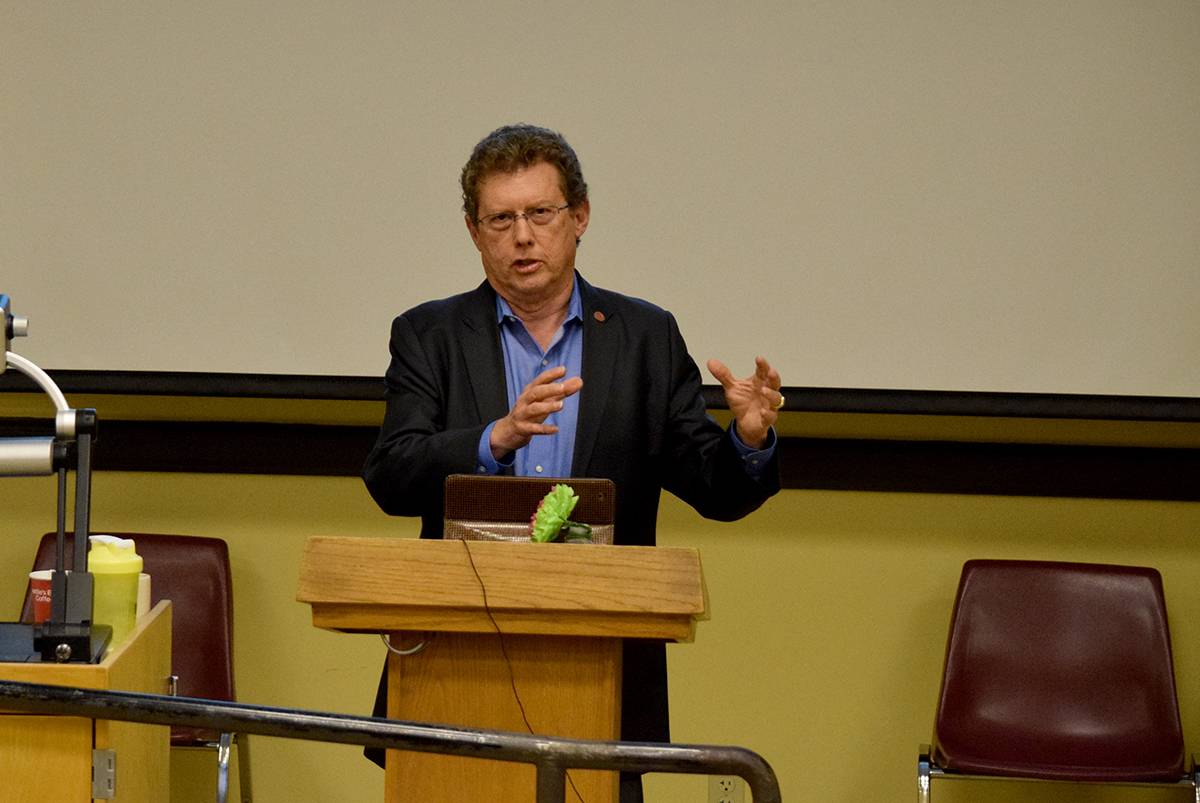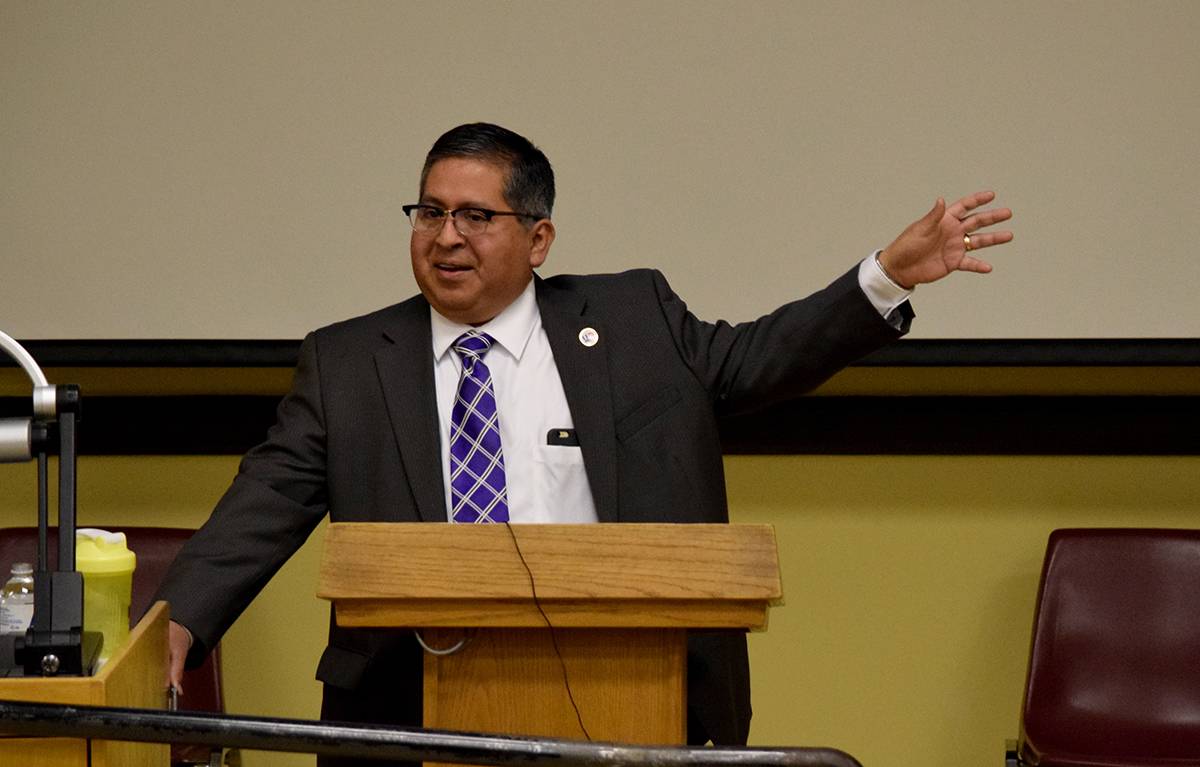W. W. Jones: Rancher, Businessman, and Builder of Modern South Texas
Before W. W. Jones began building his ranching and business operations in the 1890s, the economy and communities of South Texas lagged far behind other areas of the state and nation. In the nineteenth century to the mid twentieth century, the owners of large ranches represented the dominant economic, political and social force in South Texas. Thanks to the vision of W.W. Jones and other leaders, the role of cities and a diversified economy slowly evolved in the region during the twentieth century. While W. W. Jones became known throughout the state and nation as an innovative rancher, banker and investor, he played an important role in the development of Corpus Christi, Texas, as a major port and financial center in the twentieth century. He also worked with the larger Tejano population to sustain the vital cultural contributions that are an integral part of the history of the borderlands region. In particular, the vaquero heritage remained an essential part of the culture of the Jones Family Ranches that continued after the death of W. W. Jones. As opposed to having an office, he operated from a chair in the center of the open lobby of the Nueces Hotel – the premier hotel of Corpus Christi owned by W. W. Jones. Reflecting his standing in the community, Jones became known as "the Anchor Post" in Corpus Christi. He served on many bank boards in Corpus Christi and other South Texas communities. He was a founding member and longtime director of the Texas and Southwestern Cattle Raisers Association. Jones was a longtime director of the Nueces County Navigation District Commission. As one of the commissioners on the board, he worked with many community leaders and elected officials to fund and operate the Port of Corpus Christi. He and other community leaders worked together to rebuild their city after the destructive hurricane of 1919.
Patrick L. Cox is a historical consultant after having retired as Associate Director of the Dolph Briscoe Center for American History at the University of Texas at Austin. He received a B.A. from the University of Texas, an M.A. (1988) in History from Texas State University, and a Ph.D. from the University of Texas. His books include The First Texas News Barons, The House Will Come to Order, Writing the Story of Texas, and Ralph Yarbrough: The People’s Senator.


